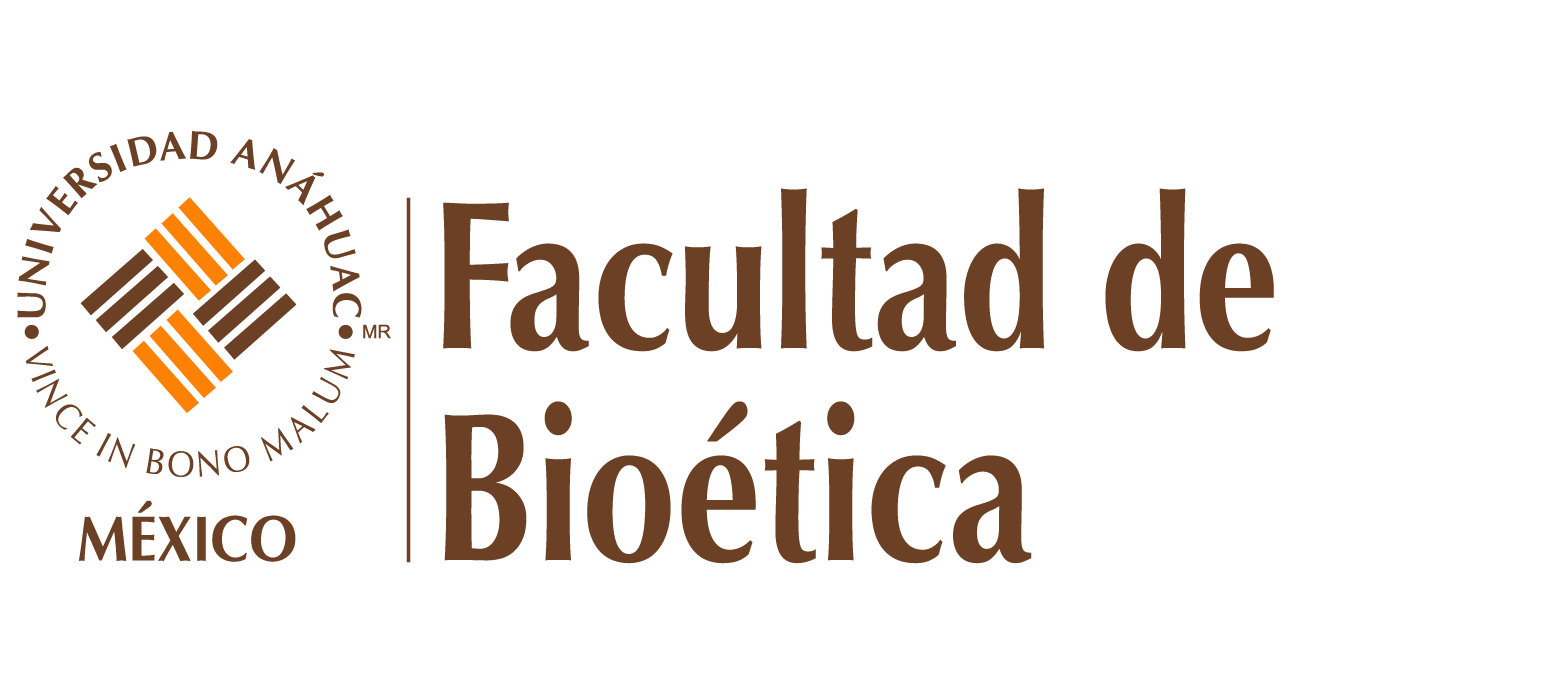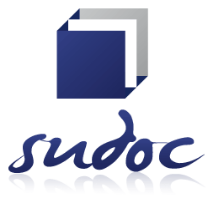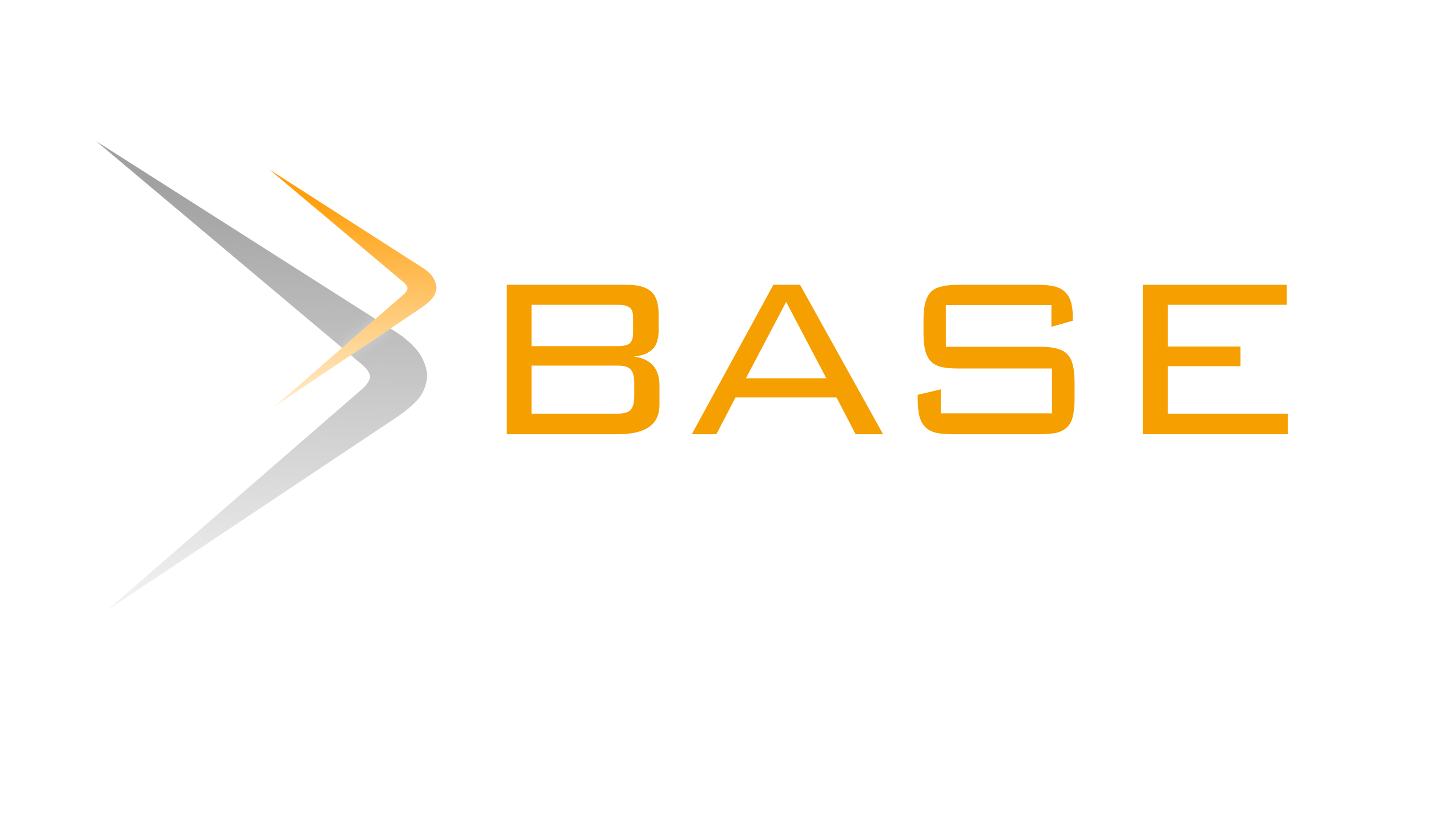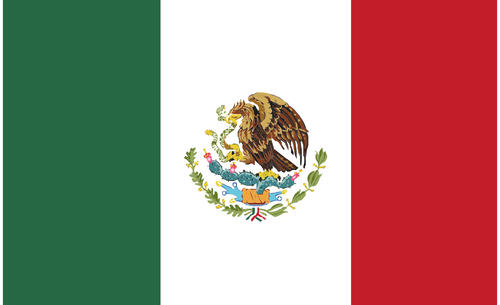Distintos acercamientos epistemológicos en programas de maestría en bioética
DOI:
https://doi.org/10.36105/mye.2020v31n3.01Palabras clave:
epistemologia, estrategias didacticas, interdisciplina, multidisciplina, transdisciplina, programas de enseñanzaResumen
Después de hacer una recopilación aleatoria de algunos programas de maestría ofertados en lengua castellana en España y Latinoamérica, este trabajo tiene como objetivo mostrar la pluralidad de presentaciones de la bioética y, a partir de esos hallazgos, replantear el concepto de interdisciplinario para efectos de la docencia. La pregunta de la que se partió fue la siguiente: ¿qué sentido darle a la palabra interdisciplina cuando se utiliza en la docencia de la bioética? Como marco teórico se utiliza la noción de razón ampliada, entendida como una superación de la razón instrumental, de manera que sirva de puente entre lo experimental y lo axiológico. Se realizó una exploración del concepto por medio de una muestra por conveniencia de los términos interdisciplina, pluridisciplina, disciplina, ciencia, tal como aparecen en diversos programas de maestría en bioética. El artículo se divide en tres partes: una sección en la que se comparan distintos programas españoles y latinoamericanos, para resaltar la concepción epistemológica que presentan sobre la bioética. La segunda sección estudia el concepto de interdisciplina a partir de lo visto en tales programas, compaginando las categorías de prudencia, concilio y sabiduría. La tercera parte cierra con
las propuestas de mejora docente en la enseñanza de la bioética. A partir de ellas se concluye la importancia del diálogo entre las disciplinas, en donde predomine la búsqueda del sentido ético en todos los cuestionamientos que se planteen en el aula.
Descargas
Referencias
AGEJAS, J. La ética en la encrucijada. En: Hacia una razón ampliada: fundamentos de investigación. Madrid: Universidad Francisco de Vitoria; 2014.
BRUNET, J. ET AL. Enseñar bioética a estudiantes de medicina mediante el aprendizaje basado en problemas (ABP). En: Cuadernos de Bioética; 2015, XXVI (2).
CALDERÓN, D. Epistemología de la vida. En: Medicina y Ética; 2003, XIV (2), p. 193. CISAV. Justificación y programa de Maestría en Bioética. Querétaro: CISAV, Maestría en Bioética; 2018. Recuperado en: http://cisav.mx/cursos/maestria-en-bioetica/
COMISIÓN NACIONAL DE BIOÉTICA. Guía Nacional para la Integración y el funcionamiento de los Comités de ética de Investigación. 2005.
Recuperado en: http://www.conbioetica-mexico.salud.gob.mx/descargas/pdf/registrocomites/Guia_
CEI_paginada_con_forros.pdf https://doi.org/10.32800/abc.2019.42.0187
DELL’ORO, R. Más allá de la censura del sentido: reflexiones sobre el futuro de la bioética. En: Medicina y Ética; 2016, XXVII (3).
FUNDACIÓN UNIVERSITARIA INTERAMERICANA. Maestría en Bioética, 2019.
Recuperado en: https://www.funiber.org/maestria-en-bioetica
GÓMEZ, J. La enseñanza de la bioética en licenciatura: anotaciones sobre una experiencia docente. En: Revista Latinoamericana de Bioética; 2015, 1(28): 100-107. https://doi.org/10.18359/rlbi.526
GÓMEZ, J. Fundamento ético de las decisiones complejas del profesional de enfermería. En: Rev. Enferm. Inst. Mex. Seguro Soc.: 2015; 23(3): 197-202.
Recuperado en: http://revistaenfermeria.imss.gob.mx/editorial/index.php/revista_enfermeria/issue/view/4
GONZÁLEZ, A. Claves éticas para la Bioética. 3ª ed. Cuadernos de Bioética; 2001.
Recuperado en: http://aebioetica.org/revistas/2001/3/46/305.pdf
INSTITUTO DE INVESTIGACIONES EN BIOÉTICA. 2019.
Recuperado en: http://iib.edu.mx/programas/maestria-en-bioetica/#
KOTTOW, M. La enseñanza de una bioética proximal. En: Revista Latinoamericana de Bioética; 2015; 2(29): 14-25. https://doi.org/10.18359/rlbi.532
LLANO, C. Las formas actuales de la libertad. México: Trillas; 1995.
LUENGO, E. La transdisciplina y sus desafíos a la universidad. En: Interdisciplina y transdisciplina: aportes desde la investigación y la intervención social universitaria. Guadalajara, México: ITESO; 2012. https://doi.org/10.2307/j.ctvjk2twb.12
PASTOR, B. ¿Es posible una bioética basada en la evidencia experimental? En: Cuadernos de Bioética; 2013, XXIV/2ª.
SADA, D. Prólogo de Hacia una razón ampliada: fundamentos de investigación. Madrid: Universidad Francisco de Vitoria; 2014.
SIMÓN, R. Moral. Barcelona: Herder; 1987.
SGRECCIA, E. Manual de Bioética. Madrid: Biblioteca de Autores Cristianos; 2009.
SILEN, G. ET AL. Workplace distress and ethical dilemmas in neuroscience nursing. En: The Free Library. 01 August 2008-4 - August 2015. Recuperado en: http://www. thefreelibrary.com/Workplace distress and ethical dilemmas in neurosciencenursing.-a0183489363 https://doi.org/10.1097/01376517-200808000-00006
UNIVERSIDAD CATÓLICA DE VALENCIA VICENTE MÁRTIR. Máster Universitario en Bioética; 2018. Recuperado en: https://www.ucv.es/oferta-academica/postgrados/ciencias-de-la-salud/master-universitario-en-bioetica https://doi.org/10.28939/iam.debats.132-2.2
UNIVERSIDAD EL BOSQUE. Especialización en Bioética; 2008. Recuperado en: http://www.bioeticaunbosque.edu.co/Programas/especializacion_bioetica_plan.htm
UNIVERSIDAD EL BO SQUE, S.F. Doctorado en bioética.
Recuperado en: http://www.bioeticaunbosque.edu.co/Programas/plegabledoctoradobioetica.pdf
UNIVERSIDAD RAMON LULL. Máster Universitario en Bioética; 2019.
Recuperado en: http://www.ibbioetica.org/es/modules/tinycontent/index.php?id=8
UNIVERSIDADES DE LA LAGUNA Y LAS PALMAS DE GRAN CANARIA, S.F. Máster Interuniversitario en Bioética y Bioderecho. Recuperado en: http://www.ebioetica.es/
EBIOETICA/inicio.html https://doi.org/10.25145/b.emprendimientouni.2020
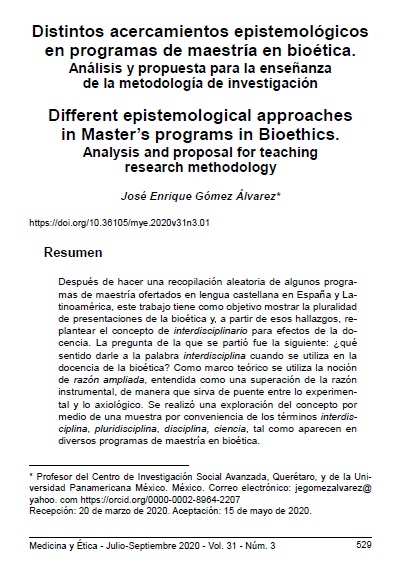
Descargas
Publicado
Número
Sección
Licencia
Derechos de autor 2020 José Enrique Gómez Álvarez

Esta obra está bajo una licencia internacional Creative Commons Atribución-NoComercial-CompartirIgual 4.0.
Medicina y Ética se distribuye bajo Licencia Creative Commons Atribución-NoComercial-CompartirIgual 4.0 Internacional.
El autor conserva los derechos patrimoniales sin restricciones y garantiza a la revista el derecho de ser la primera publicación del trabajo. El autor es libre de depositar la versión publicada en cualquier otro medio, como un repositorio institucional o en su propio sitio web.

